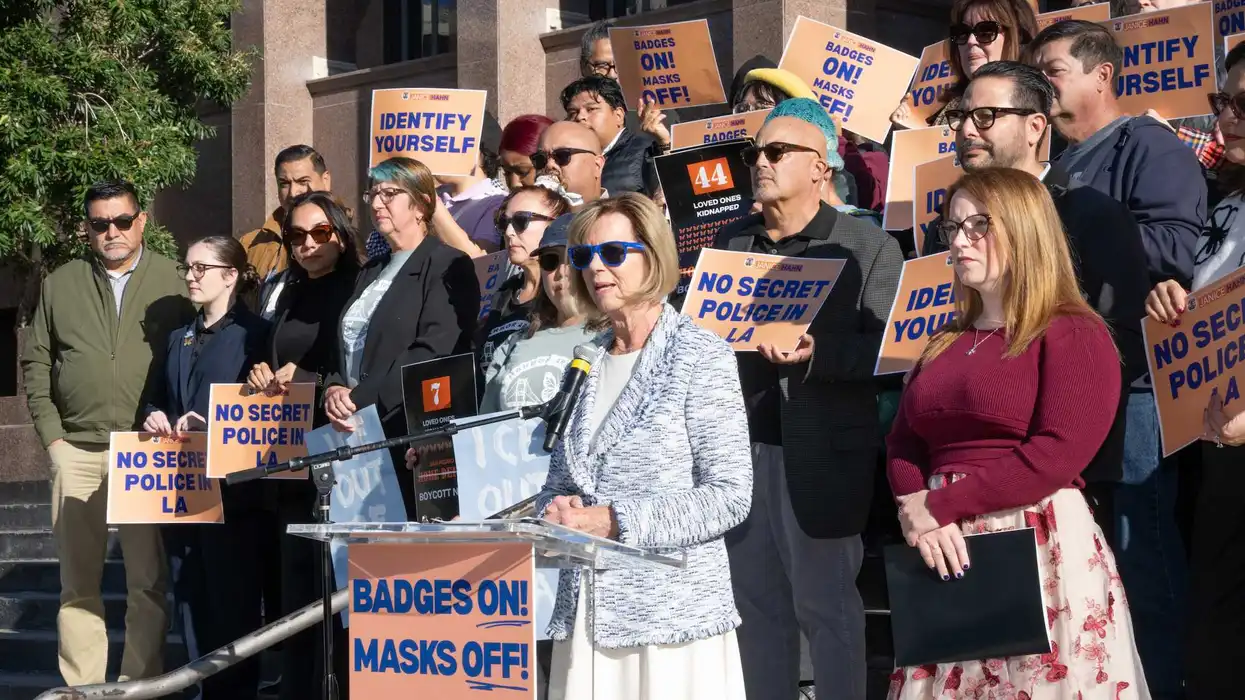[Editor’s note: The following is a cross post by that originally appeared on CNBC.com]:
Financial fraudsters have long preyed on the elderly. But with roughly 10,000 Americans turning 65 every day, the elderly population is growing so quickly that instances of financial fraud affecting the elderly are becoming ever more common.
Kathleen Rehl, a certified financial planner and the author of "Moving Forward on your Own: A Financial Guidebook for Widows," remembers all too well the time a financial fraud hit someone close to her.
She was visiting her elderly aunt, Eileen Richey, who she said lived "a very moderate lifestyle." On this visit, Richey asked Rehl to look at an investment she had made. Rehl smelled trouble, and when she saw what it was, she realized something was seriously amiss.
"She said, 'Well, I bought Iraqi dinars," Rehl recalled. Apparently her friend's nephew, whom she described as "such a nice young man," had told Richey and others about this can't-fail investment opportunity. Richey knew her CDs were yielding very little, so when they matured, she handed over several thousand dollars to buy dinars—"a huge amount for her," Rehl said.
Not surprisingly, the dinars never materialized. The last time Richey tried to call the nephew, she got no answer, and there was no answering machine.
"She said, 'I feel so dumb. I trusted him," Rehl recalled. The icing on the cake: Richey told her the nephew apparently scammed his aunt as well.
Many seniors living on fixed incomes in the current low interest rate environment feel strapped, which makes them more susceptible to deceptive pitches. Add in the many holiday season scams related to charitable giving, and this is a particularly vulnerable time for senior citizens.
"All of these things combine to make the population vulnerable, and then it's the end of the year. It's just perfect timing in that way," said Nora Dowd Eisenhower, assistant director of the Office of Older Americans at the Consumer Financial Protection Bureau.
Common scams include emails that appear to come from reputable charities but actually contain malware that steals the victim's identifying information. Sometimes scammers pick up personal information about their targets from Facebook and use it to make their pitches more credible. Scammers also call seniors and purport to represent legitimate charities, exacting pledges and credit card information.
Then there is the so-called grandma scam. An elderly person will receive a phone call, often late at night when they are more likely to be confused. The person on the phone identifies themself with something like "Hi Grandma, it's your favorite grandchild." They will follow with a tale of woe, perhaps saying they had their wallet stolen while traveling, and wrap up with a request that money be wired. Sometimes the scammer even asks the victim to keep this a little secret between the two of them, reducing the odds that the victim will ask a friend or relative whether the pitch makes sense.
"The individual becomes isolated just by the very nature of the scam," Eisenhower said.
Ramsey Alwin, vice president for economic security at the National Council on Aging, points to another scam that surfaced last year. A victim would receive a message that he or she was eligible for a one-time stimulus check for seniors, and that the caller or email sender would gladly fill out the relevant tax forms for a fee. The pitches, she said, were "very similar to when there were legitimate one-time disbursements in the Bush and Obama administrations."
Seniors have several ways to protect themselves from scams like these. For starters, Alwin and others recommend maintaining social connections with friends and family and sharing stories of unusual calls or emails.
"Often we find the victims are disconnected. That's how these things can spiral out of control," Alwin said.
Reporting more scams could also help. Experts estimate that only around 5 percent of these scams are ever reported to authorities, partly because seniors feel ashamed and partly because they don't want concerned relatives to take away their financial autonomy.
A number of organizations also provide information on financial fraud targeting the elderly, including the Better Business Bureau, the National Council on Aging, and the Consumer Financial Protection Bureau.
It's important to be vigilant and avoid providing personal information online or over the phone. Rehl recalls a friend who got a call from someone pretending to be a relative and asking for money. Her friend started reminiscing about a recent family wedding and the caller agreed that it was terrific. "There was no wedding," Rehl said, "so she knew it was a bogus call."
In New York, the Attorney General's office has recovered more than $330,000 in penalties and costs from gas stations that gouged customers after Sandy. Consumers in New York can file complaints online.
--
RELATED:
©2014 CNBC LLC. All Rights Reserved. Kelley Holland.







